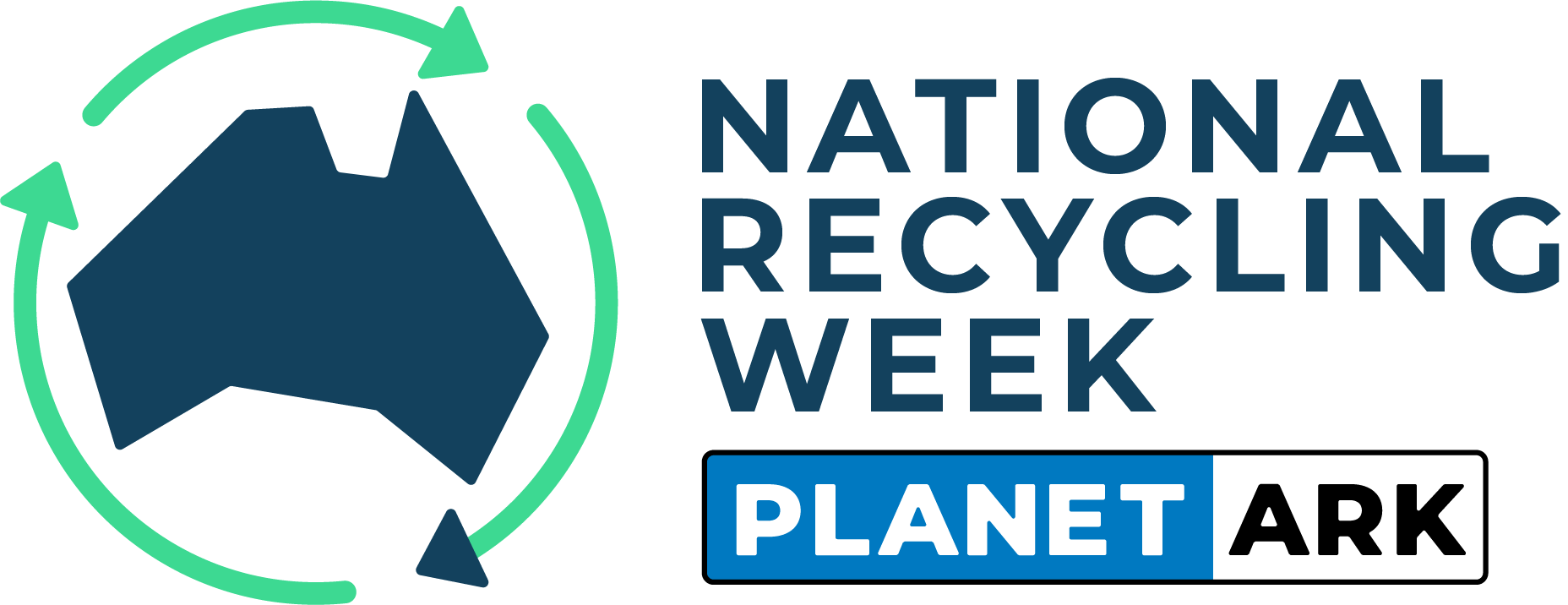Join the Cycle – 10th to 16th of November 2025
Since 1996, we've been helping Aussies recycle by sharing knowledge, education, events and inspiring stories. Over the past 29 odd years, the recycling rate in Australia has gone from 7% and just 1.5 million total tonnes recycled to over 60% and 43 million tonnes of materials recycled. Per person, that's recycling just 80kg of material yearly in 1996, to now about 1,700kg!
Join the Cycle in 2025 and keep reducing, reusing, repurposing, recycling and more at home and as part of your community.
How do you want to get involved?

Planet Ark established National Recycling Week in 1996. It is held every year during the second week of November (10 - 16 November 2025). Reducing our waste not only keeps valuable materials out of landfill, it also benefits the environment by reducing greenhouse gas emissions.
Thinking about our waste provides some valuable insight into how the recycling and resource management industry works in conjunction to your efforts.












